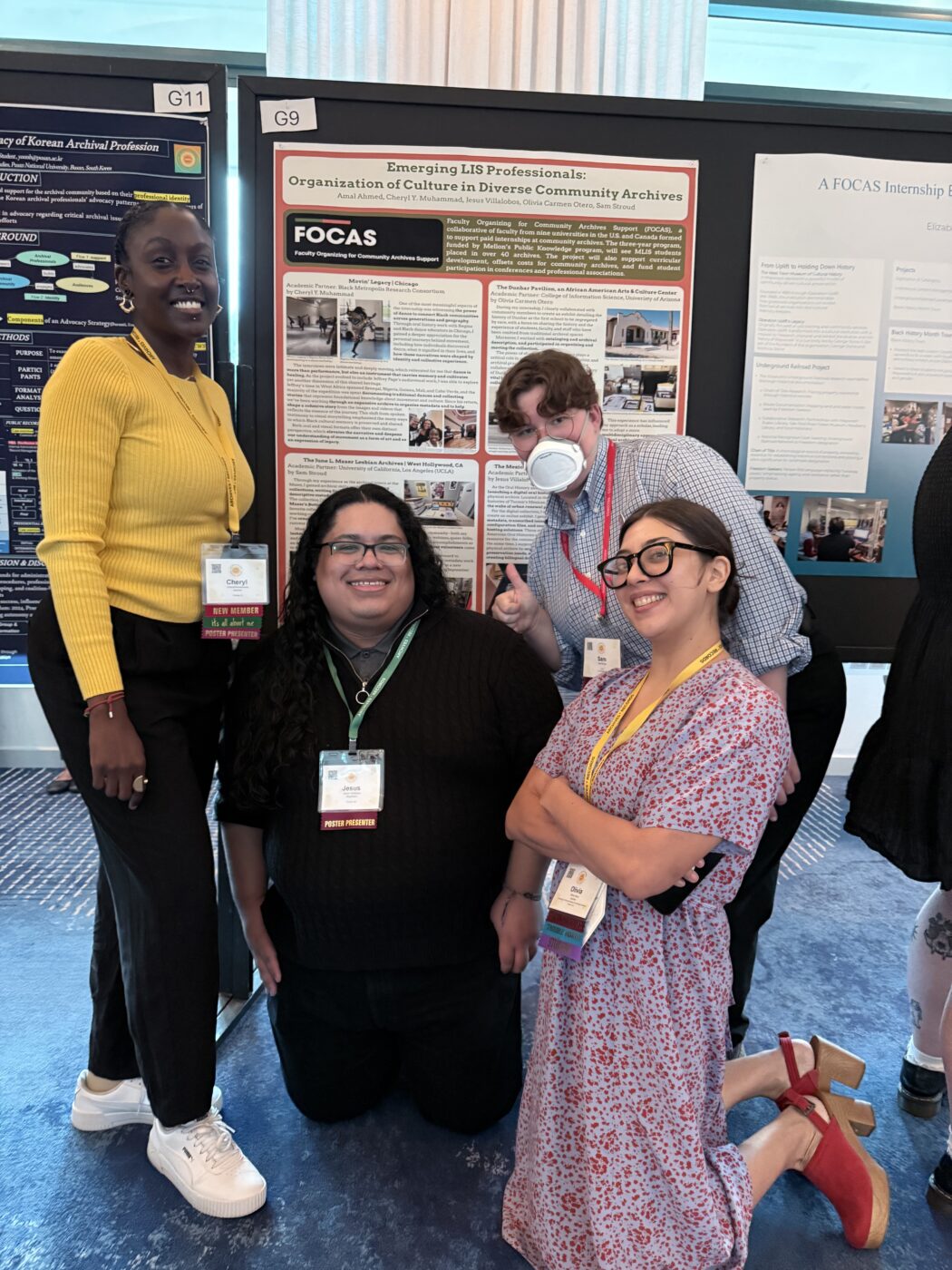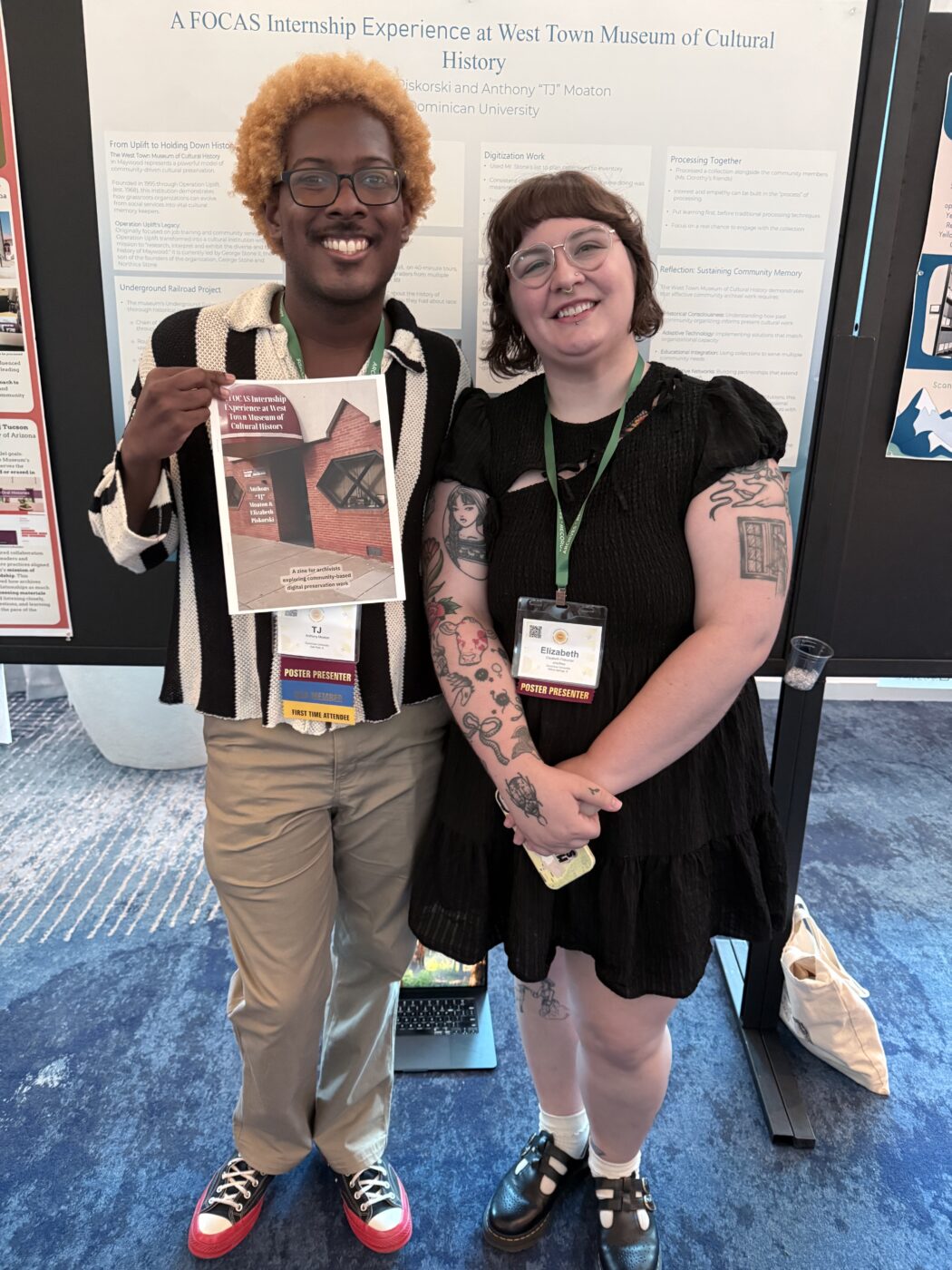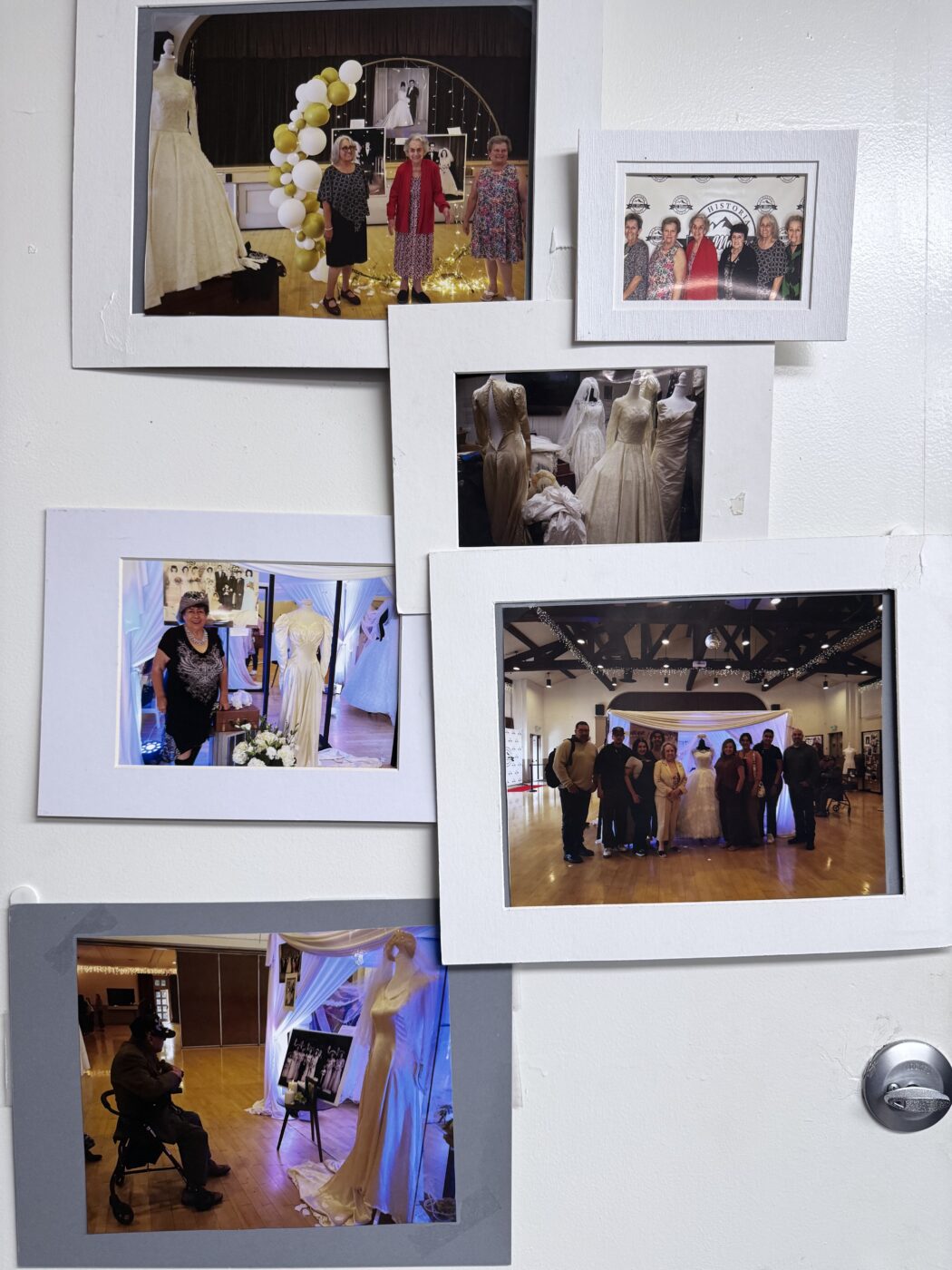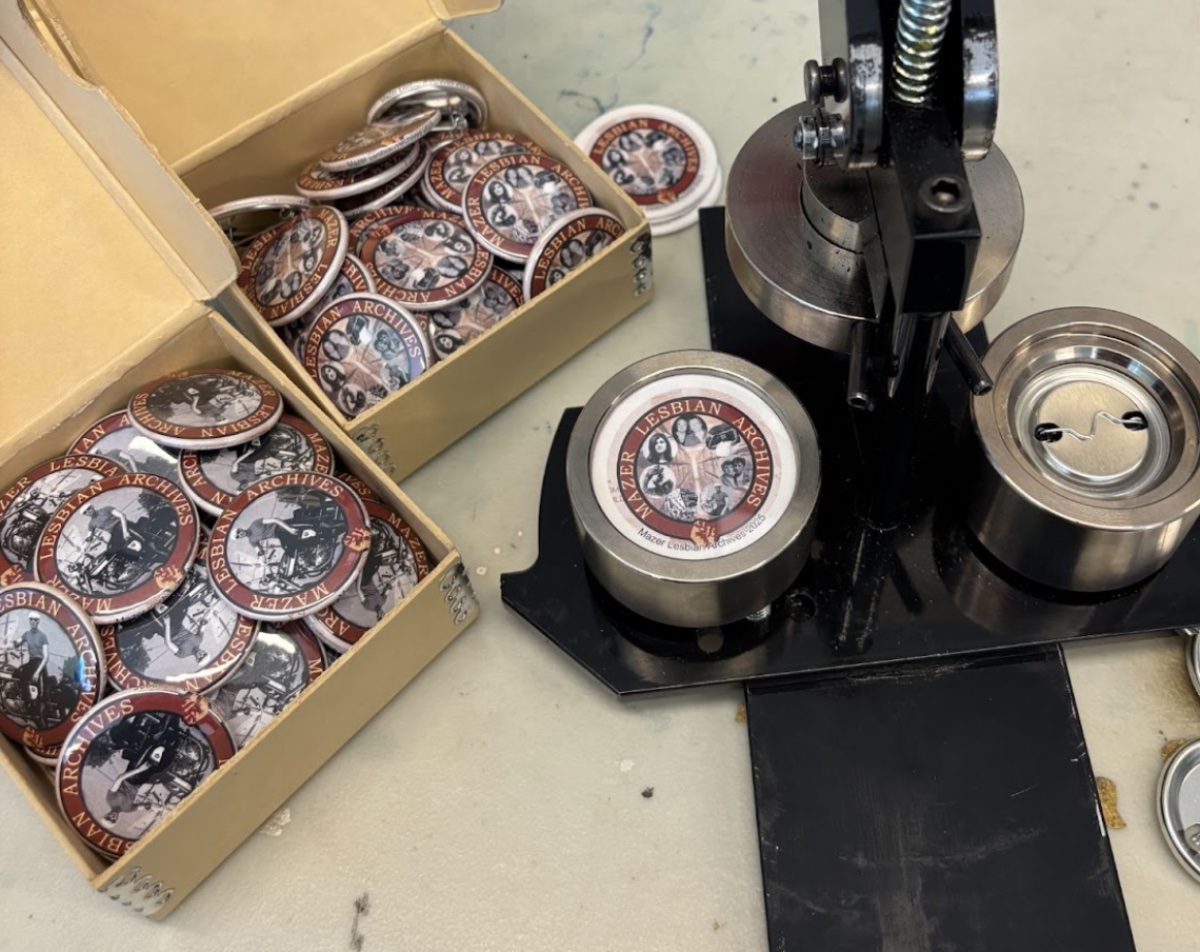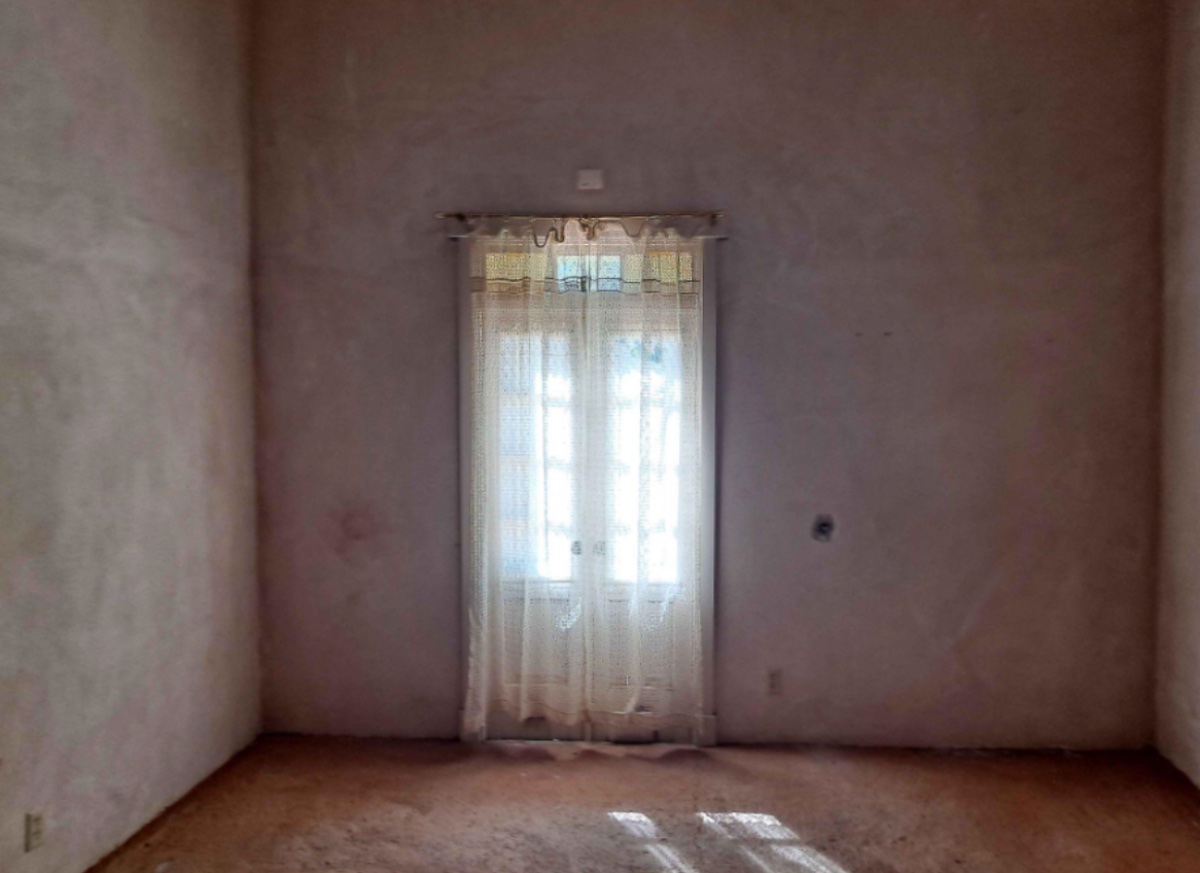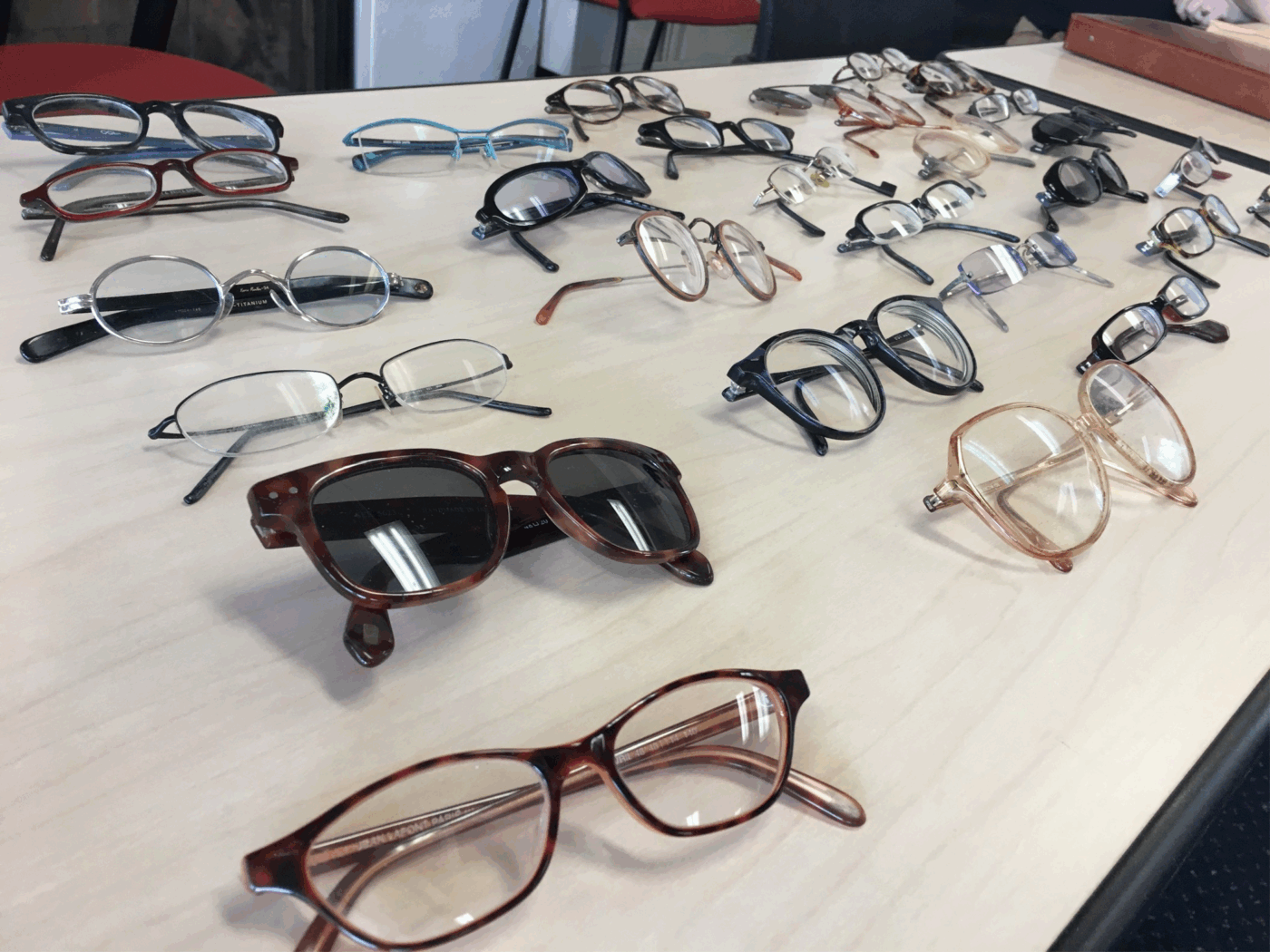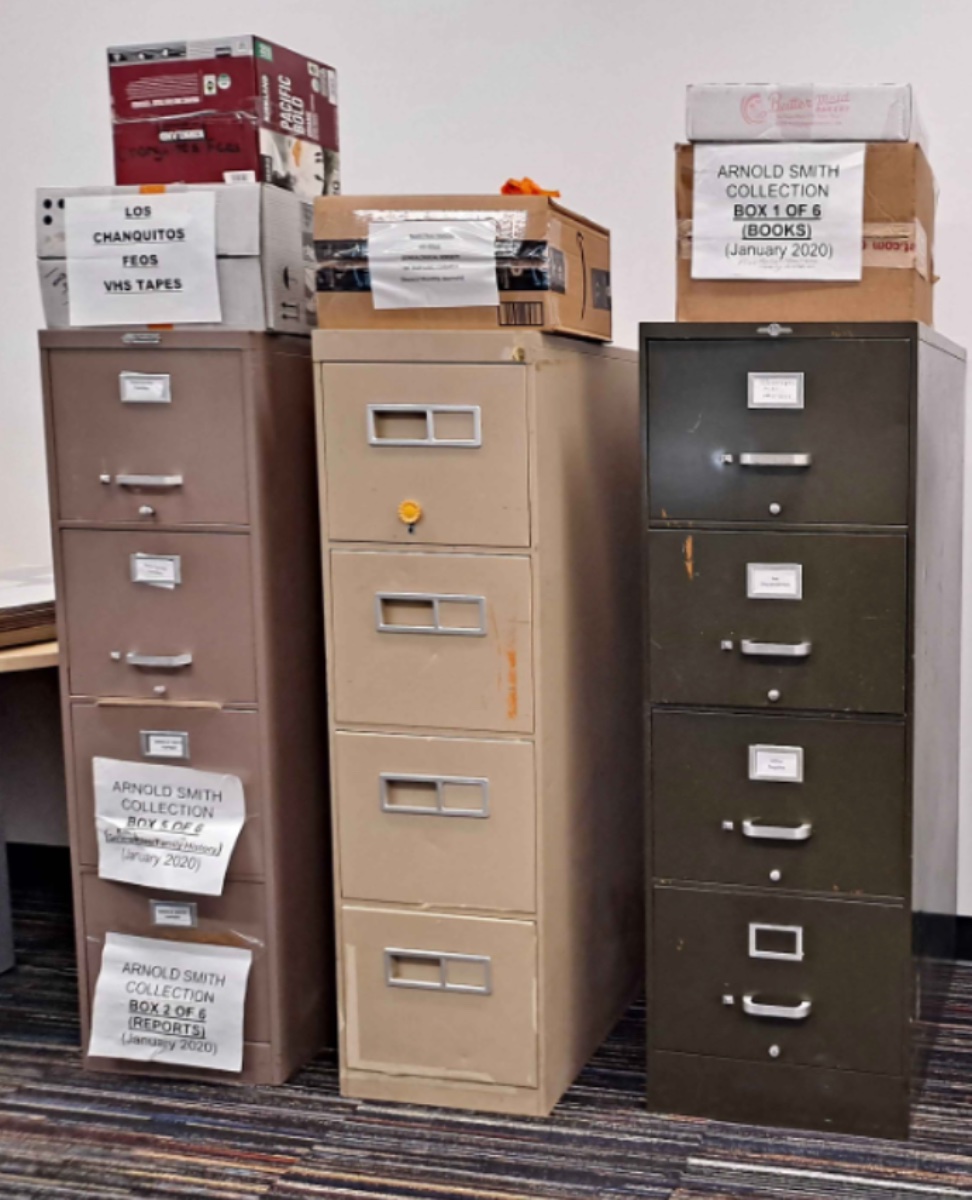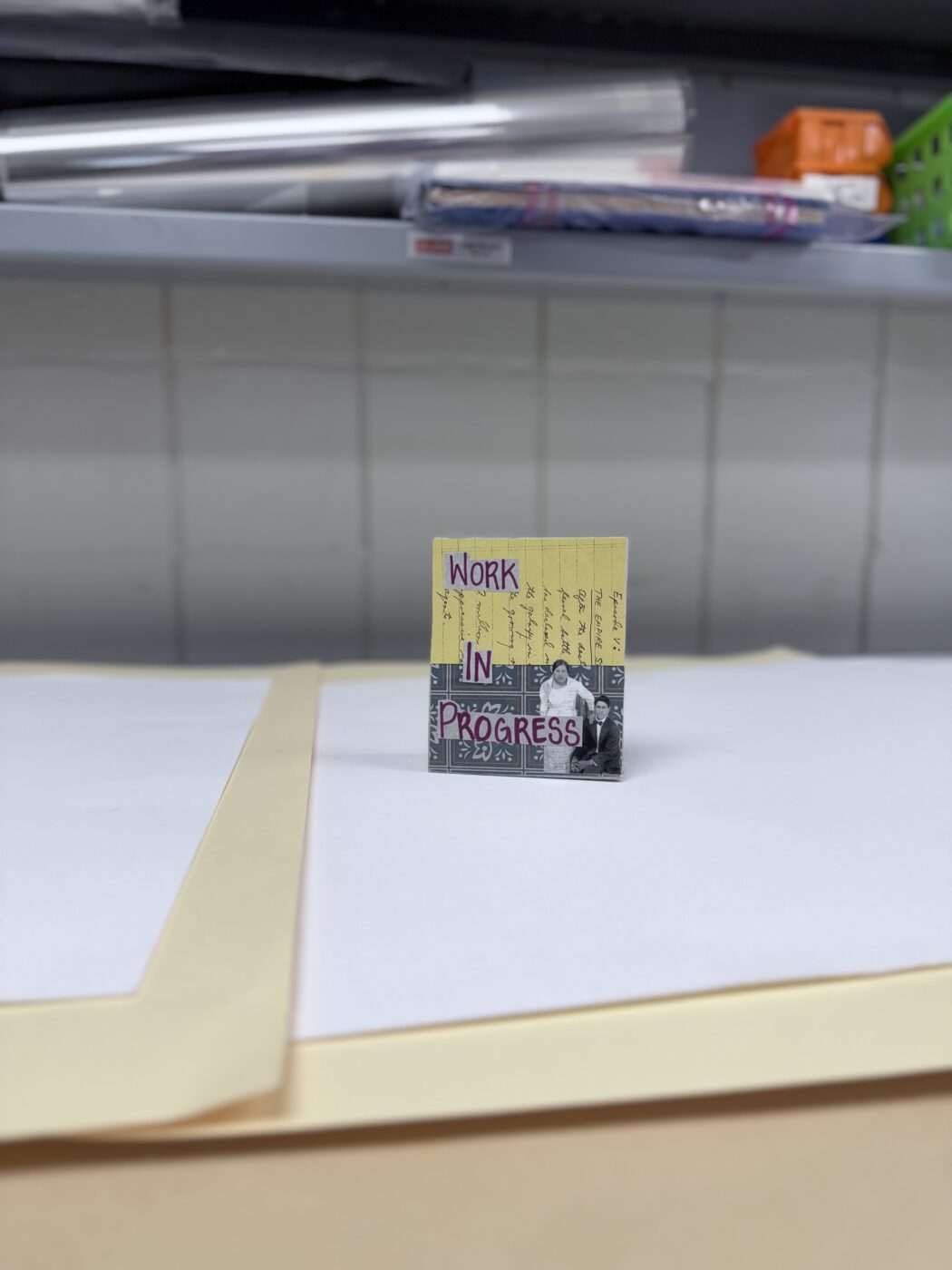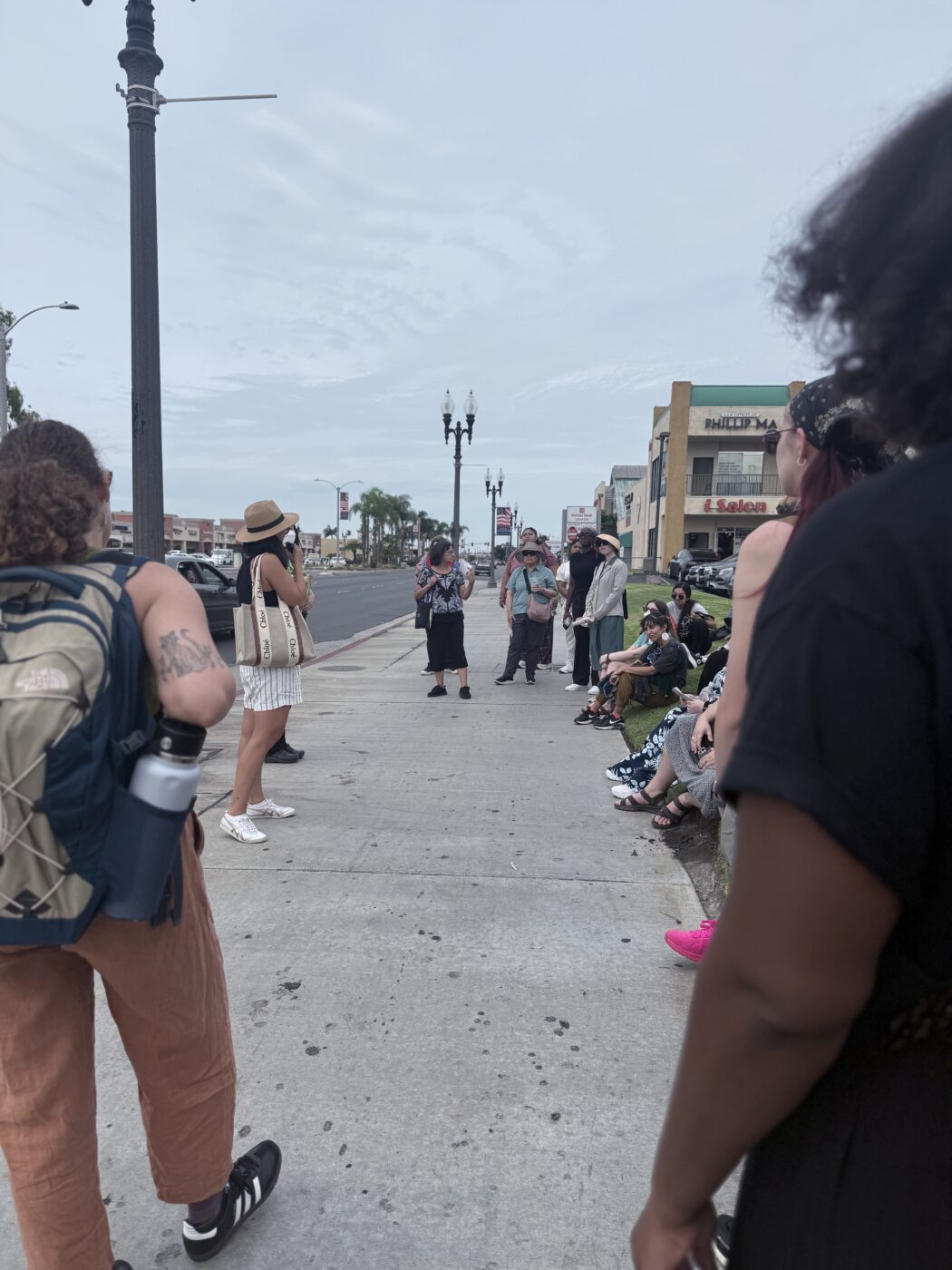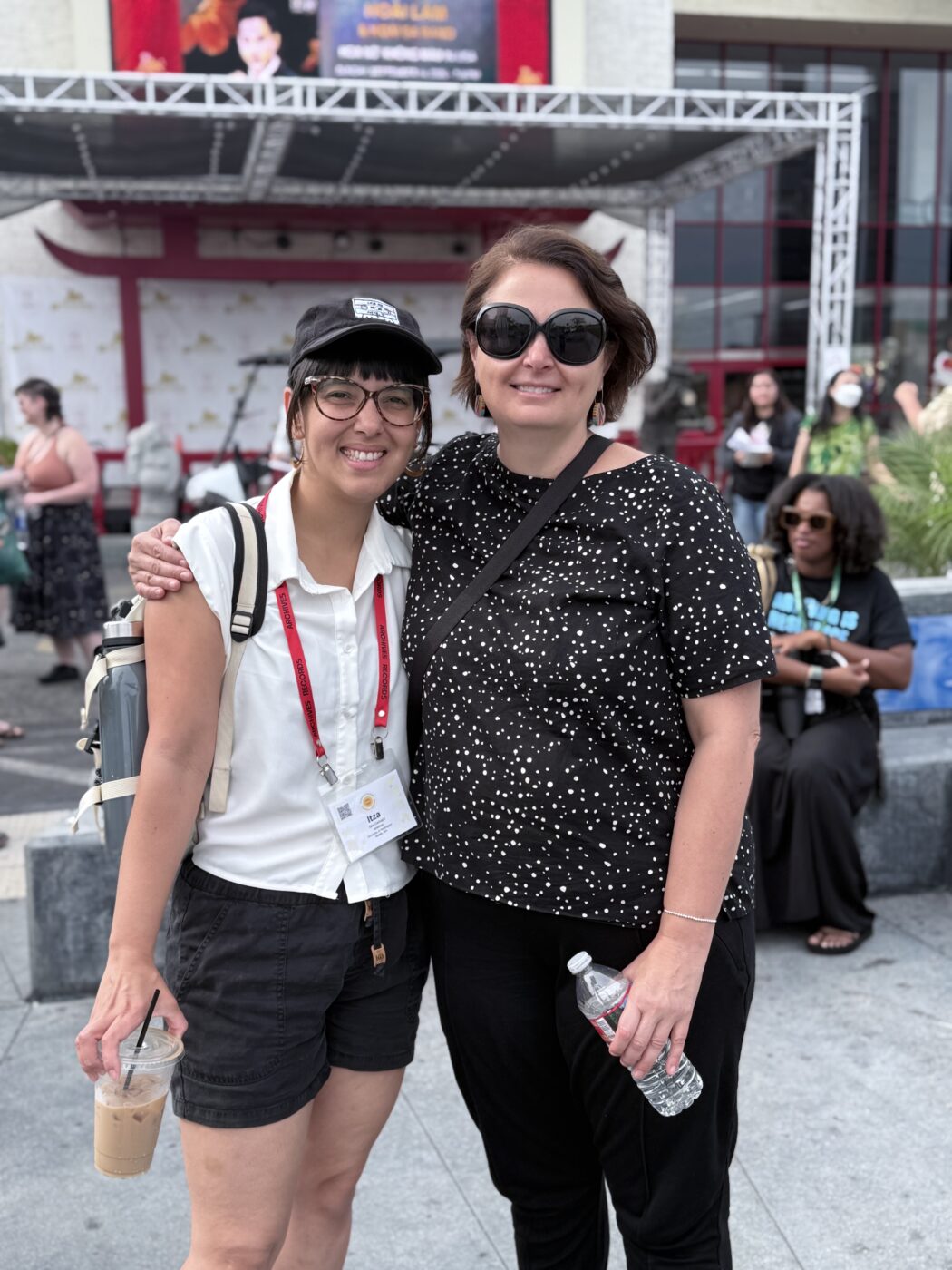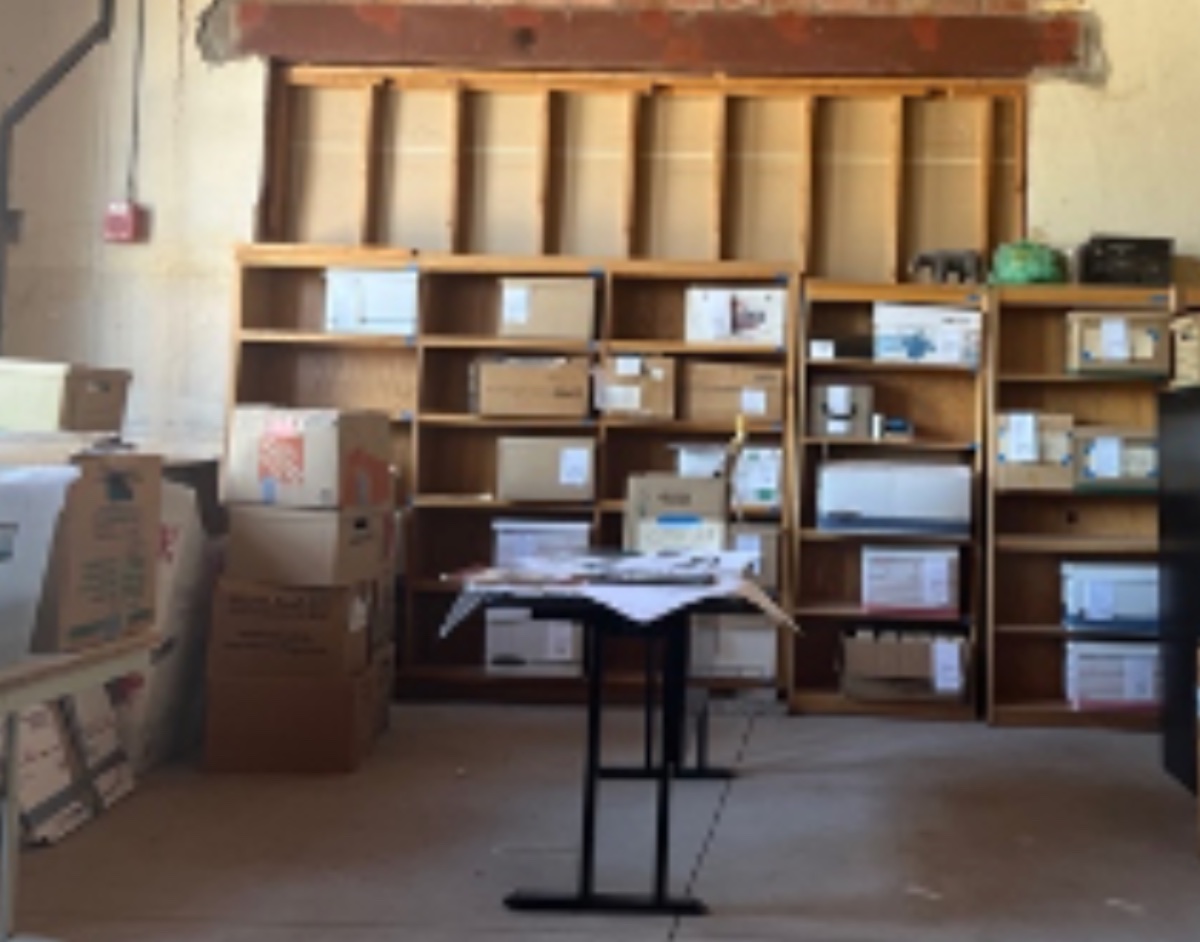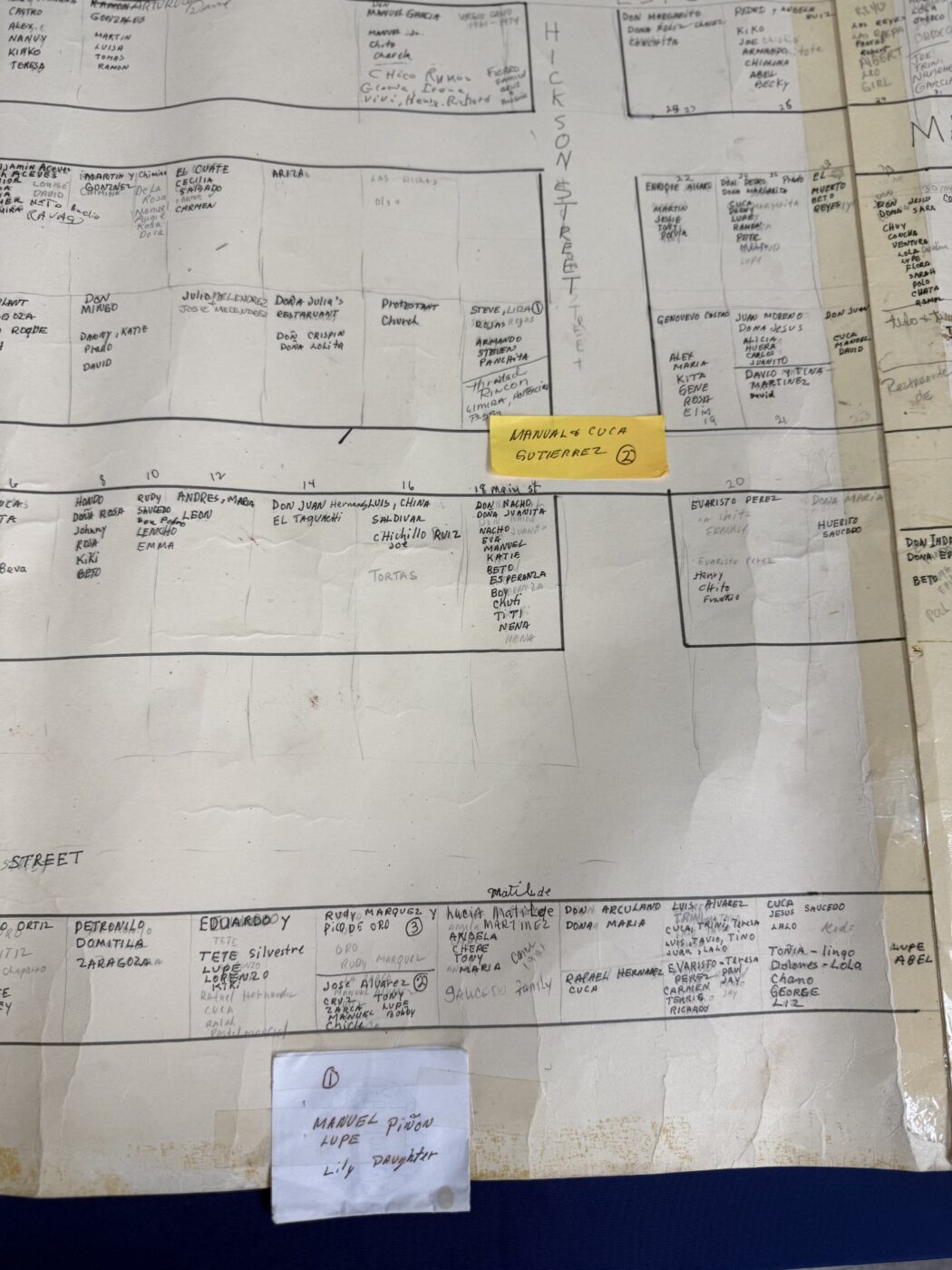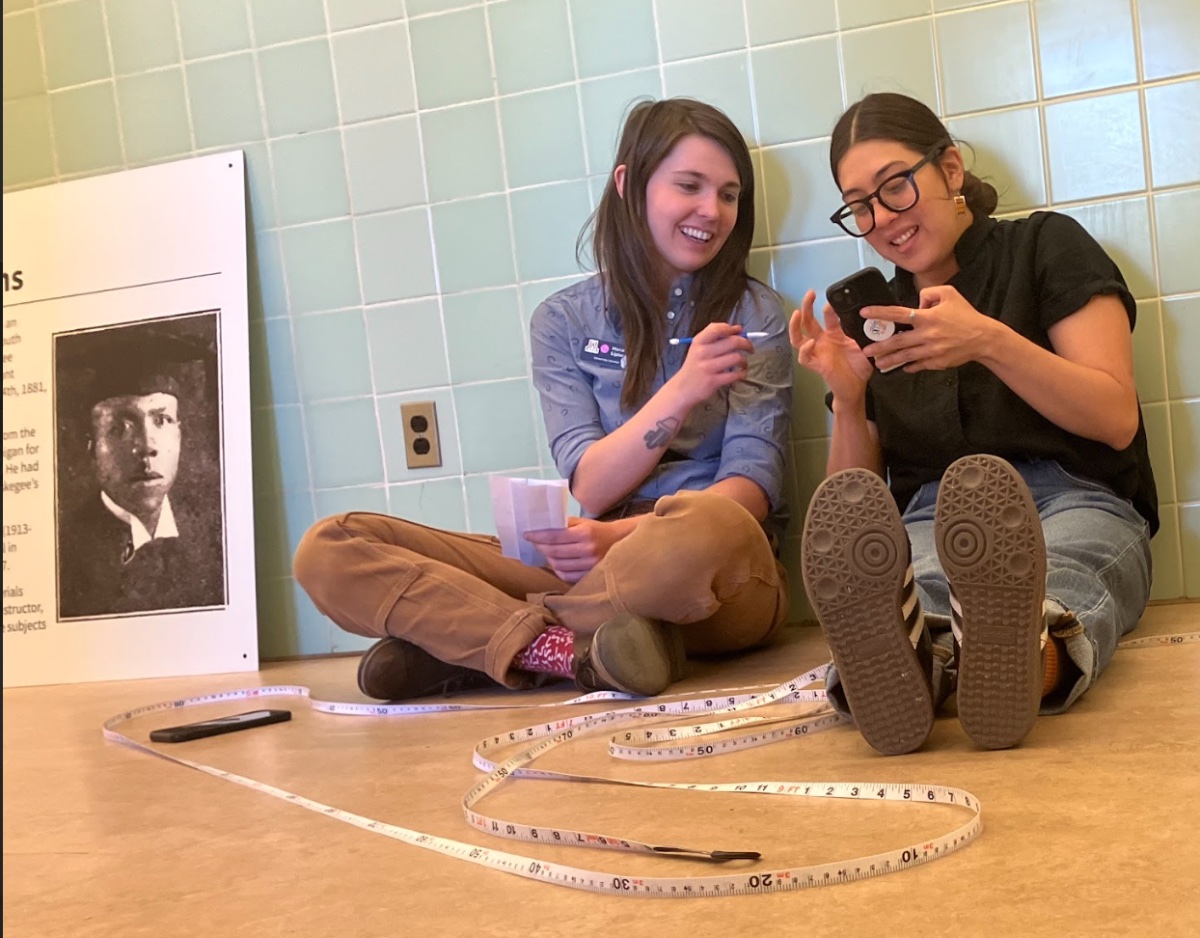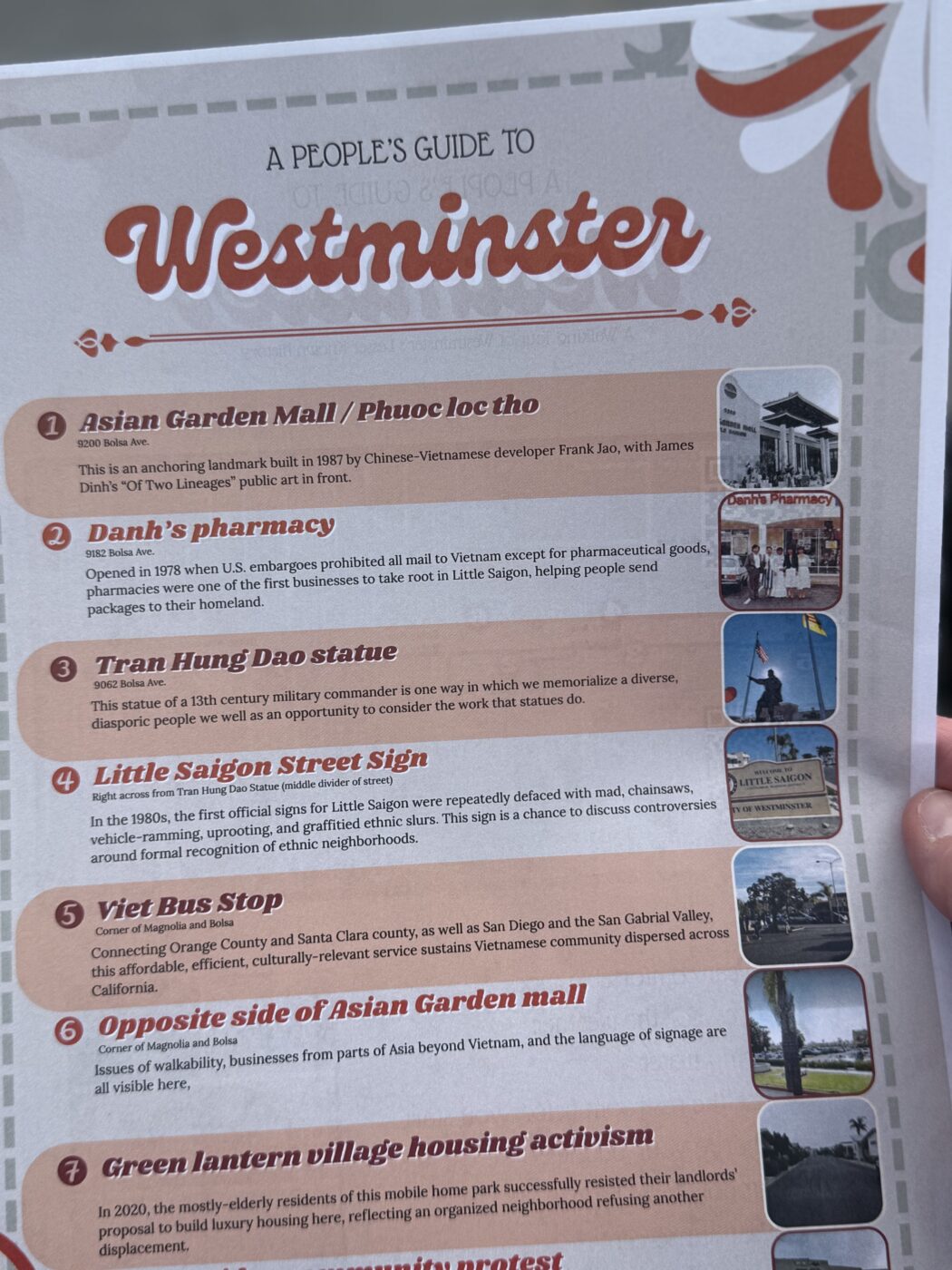By Olivia Carmen Otero, FOCAS Intern, Fall 2024 / University of Arizona
The Dunbar School, a modest, two-room structure built in 1918, served as a school for African American Children in Tucson, Arizona. The school underwent several expansions to accommodate its growing student body and faculty until it was desegregated in 1951. Regarded as one of the first segregated schools in Arizona, Dunbar joins the many schools across the United States that share the Dunbar name and are named after celebrated poet Paul Laurence Dunbar of the late 19th century. Dunbar in Tucson is so much more than a story of school segregation, but a story of excellence and pride that is now a cultural center on the pathway of cultivating a community archive that showcases Black history in Tucson, as well as highlighting the stories and the voices of the students, teachers, and principals that walked these halls and sat in these rooms.
Conversations surrounding the future of Dunbar and establishing a Community Archive come with discussing past encounters with academic and cultural institutions centered around the discourse of ownership of material collections that display Black History found within repositories. While working with Dunbar, these conversations proved to be an example of how crucial Community Archives are for communities. I believe a movement exists to showcase ‘Hidden Histories’ within collections across multiple institutions. Still, a more significant issue surrounds what happens with these stories and what remains hidden when these histories are ‘rediscovered.’ Without community intervention, there continues to be no sense of community or collective memory that their hidden stories carry. Community archives intercept that traditional archive formula of ‘othering’ underrepresented communities that has been a legacy that is all too familiar within academia.

Dunbar Archive Room
However, the difference between Dunbar’s Community Archive and the finding Dunbar within other archives is that one shares a story, albeit brief in some instances, but Dunbar highlights the lived experiences behind the lives of Dunbar students. This space serves as a radical public space where everyday human experiences are highlighted, the trajectory of excellence that has followed not only the students of Dunbar but proving that Dunbar maintains to be a physical focal point in the Black community of Tucson, Arizona that is dedicated to being a welcoming space that celebrates Black excellence.
As a Graduate Student studying Archival Theory and Critical Archival Theory, being able to be in a tangible space where these theories become a reality has shaped how I, an emerging LIS (library and Information science) Professional, can seek multiple disciplines to challenge existing theories, but also space to engage with interdisciplinary approaches while working with Dunbar’s Community Archive. as there are no rules for a community archive. The existing laws are based on past exclusionary or extractive nature that preservation often creates.

West-facing wall of Dunbar
I have been blessed to be able to work with local historian and former Dunbar Student Ms. Barbara Lewis. It has been an honor to walk the halls of Dunbar with her, as the physical space generates her memory of being at Dunbar and shares the story of Dunbar as a building, giving a voice to the halls and the rooms. Being in the trenches of Dunbar does not come without its challenges, and working within a historic building, there are nuances of discussing the infrastructure to provide a space for material objects, but also generating conversations about sustainability, challenging the ideologies around ‘legitimate’ archives, but how cultivating an archive is truly a collaborative work that flows with the community through difficult conversations surrounding gentrification, oral traditions and the past offenses and silencing that occurs under the guise of preservation efforts of the past. In this space, understanding what it takes to build a community archive from the bottom up has been transformative in my academic and personal goals. Being a part of a community archive is to be a part of something grassroots, challenging the traditional, and taking back space of history that has always deserved to be present in our community.

Olivia at work in the Dunbar Archive
